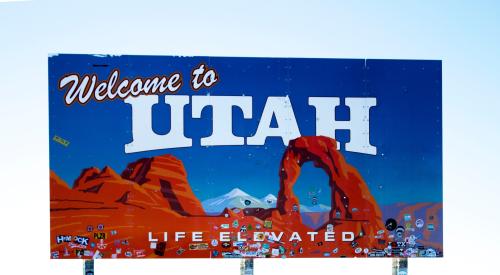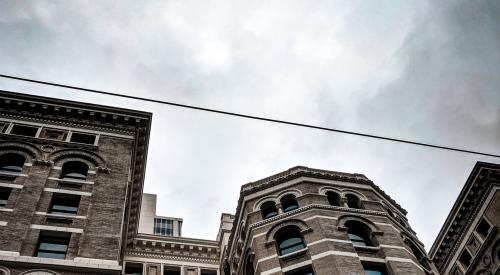Nebraska may be the next frontier for upzoning to increase housing affordability. Following in the footsteps of Virginia, California, and other states, the state legislature introduced bills that would lift bans on multifamily housing in its cities. But unlike the other states that were locked in fierce debates about upzoning, Nebraska decided to try a different approach by engaging with stakeholders very early in the process regarding issues such as parking limits, mixed-use developments, and low-income housing. Although Nebraska is nowhere near the level of the Bay Area’s affordability crisis, its popular cities are seeing housing prices shoot up while inventory becomes scarce. If the legislation succeeds, the state hopes to be proactive in addressing its growing affordability issues.
On February 4, the battle over single-family homes came to Nebraska. A state legislative committee heard arguments about a number of bills designed to lower housing costs by lifting local bans on duplex homes, triplexes, townhouses and other options in cities across the state.
This upzoning push looks similar to both the Virginia proposal that died in committee in January, and California’s State Bill 50, which has been defeated several times in Sacramento. Officials in Maryland, Washington, and other states are currently weighing similar zoning reforms. The efforts thus far have tended to trigger pitched battles between affordability advocates and status-quo-defenders over the prospect of gentrification, the perils of density and other hot-button housing issues.
But things are different in Nebraska. So far, the debate around the Missing Middle Housing Act hasn’t generated anywhere near the same heat as corresponding laws in other states. The bill’s sponsor, Senator Matt Hansen, says that the hearing of the Urban Affairs Committee saw 14 people testify about the bill: 10 in support, one in opposition, and three neutral. “We’ve been reaching out to housing groups, renters groups, cities and municipalities,” says Hansen, who represents the state’s 26th District, in northeast Lincoln. “I’ve not had very much negative feedback.”












